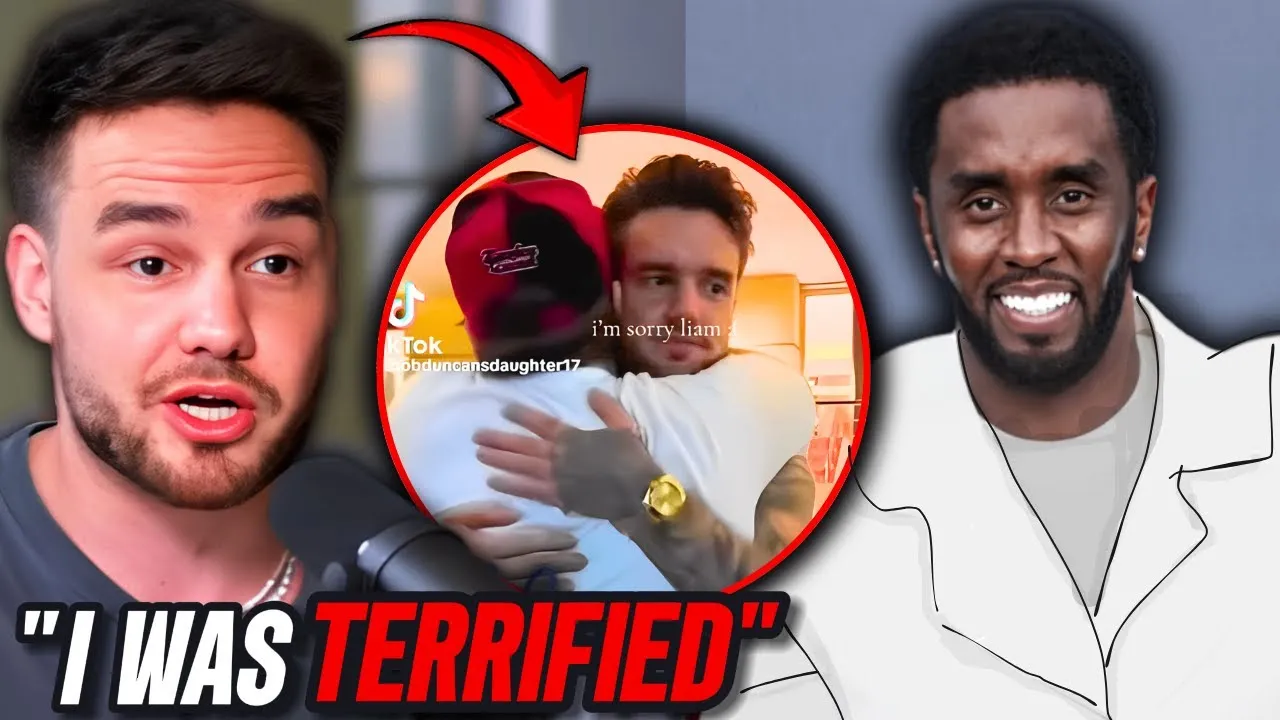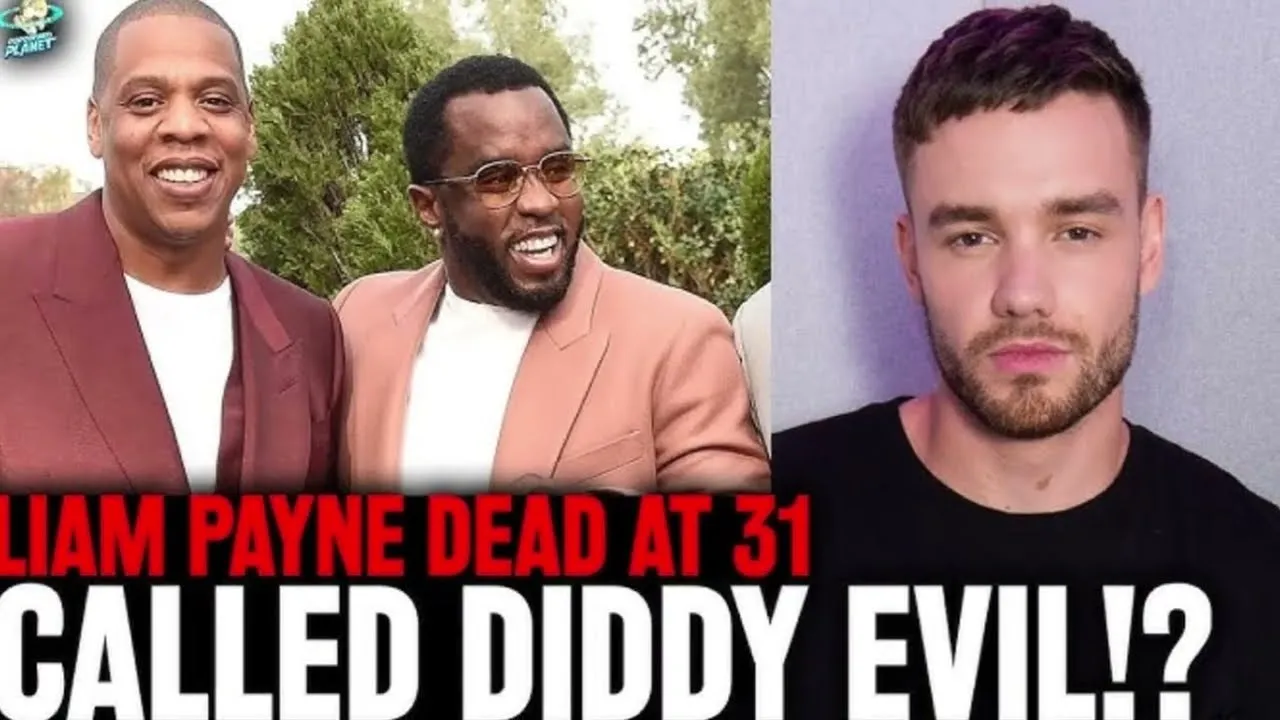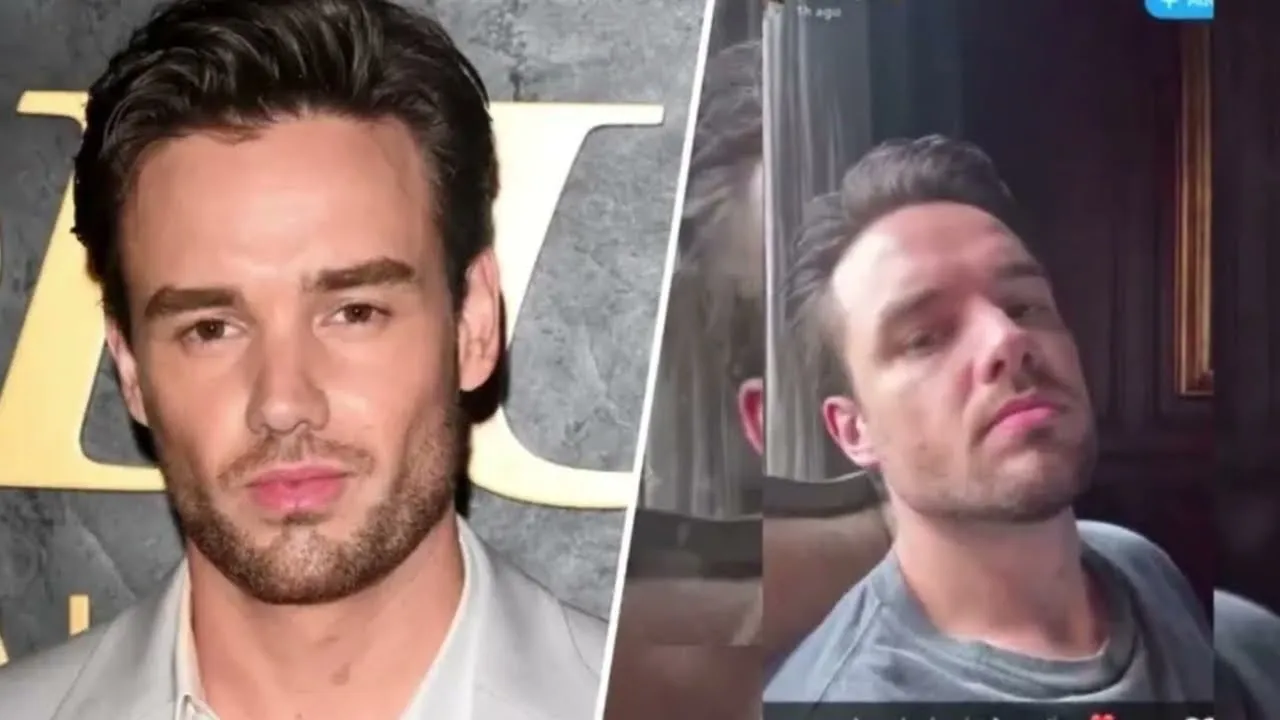In a shocking twist of events that has captured the attention of both fans and media, former One Direction member Liam Payne has come forward with explosive allegations against renowned music mogul Diddy (Sean Combs), claiming there are “shady connections” that date back to the early years of his career. In a candid interview, Liam disclosed details that not only shed light on his personal experiences within the music industry but also suggest a deeper, darker network of relationships that has operated behind the scenes for years. The revelations have stirred significant conversation, particularly as they intersect with the ongoing discussions surrounding accountability in the entertainment sector.

Payne, who has successfully transitioned from boy band fame to a solo artist, has often been an advocate for mental health and transparency in the industry. However, it was his recent comments concerning Diddy that have sent shockwaves through the community. During a podcast appearance, he recounted a series of unsettling encounters with Diddy, describing how the music mogul allegedly exerted undue influence over young artists, using intimidation and manipulation to maintain his power in the industry. Liam’s candidness about his experiences serves as a stark reminder of the challenges that many aspiring musicians face, particularly those who enter the industry at a young age and are subjected to the whims of powerful figures.
One of the most alarming claims made by Payne involves the eerie atmosphere surrounding the music industry during the rise of Diddy. He mentioned instances that hinted at a network of artists who had allegedly encountered the same shady dealings, suggesting a culture of fear and compliance that often silenced those who might otherwise speak out. This network, according to Liam, operates both overtly and covertly, using connections to manipulate circumstances to the advantage of a select few while leaving others in its wake. The implications of these statements are profound—not only do they challenge the perception of Diddy as a music icon, but they also paint a picture of an industry rife with exploitation and control.

The timing of Liam’s exposure of these issues coincided with a broader cultural reckoning regarding abuse and misconduct within the entertainment industry. As celebrities from various backgrounds have begun to share their stories, the conversation has shifted from mere acknowledgment of problems to demanding systemic change. Liam’s revelations resonate deeply within this context, as they highlight the often-unseen pressures that artists face. Fans and fellow artists have rallied around him, expressing gratitude for his bravery and urging others to join in the call for transparency and justice.
Moreover, the response to Liam’s claims has been mixed. While many applaud his courage, others have expressed skepticism about the motivations behind his statements. Some critics argue that the claims might be an attempt to garner attention or could be influenced by recent controversies surrounding Diddy. However, those close to Liam emphasize that his primary goal is to bring awareness to the darker aspects of the music industry and advocate for a safer environment for future generations of artists. His honesty regarding his own experiences may provide the impetus for others to step forward and share their stories.

As the fallout from Liam’s comments continues, the music industry finds itself at a crossroads. This moment presents both a challenge and an opportunity for artists and executives alike to reassess the power dynamics that have long governed their interactions. Will the industry take heed of these revelations, striving for reform, or will it continue to allow toxic behaviors to persist? The conversations sparked by Liam’s exposure of Diddy not only serve to highlight individual cases of mistreatment but also call for a broader reevaluation of how power is wielded within the industry.
In conclusion, Liam Payne’s exposure of Diddy’s alleged shady connections reopens old wounds while aiming to advocate for change in the music industry. It underscores the critical need for transparency and accountability, urging a collective effort to dismantle the structures that have perpetuated abuse and exploitation. As fans and artists alike engage with these revelations, the hope is that such discussions will lead to meaningful progress toward a safer and more equitable environment for all musicians. With the courage of individuals like Liam leading the charge, there is potential for a significant shift in the culture of the entertainment industry, providing a foundation for future artists to thrive without fear.


